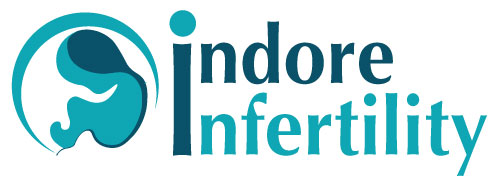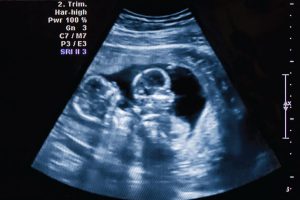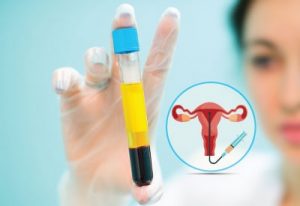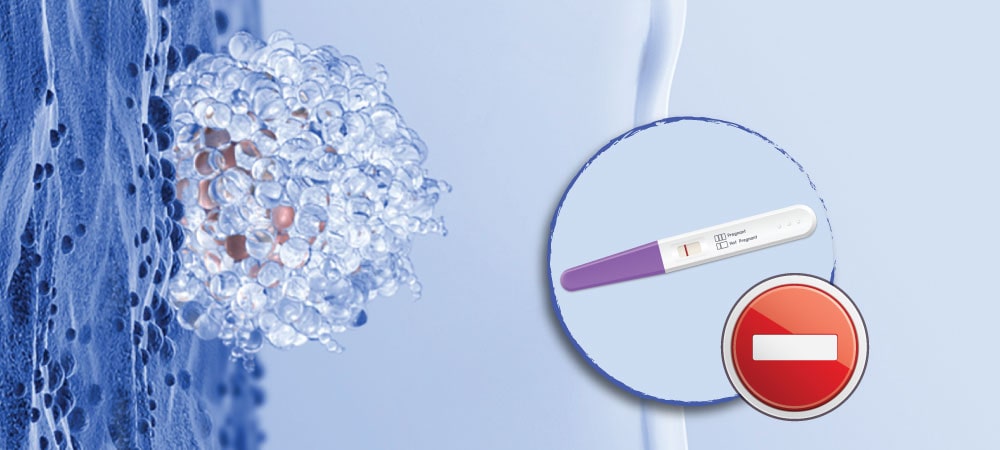
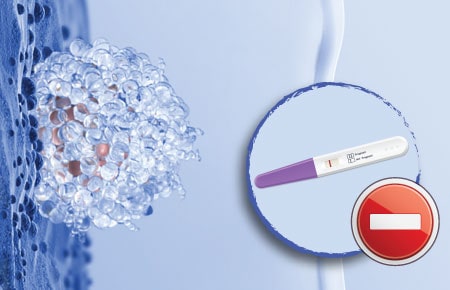
What is recurrent implantation failure (RIF)?
Recurrent implantation failure or recurrent IVF failure is when good quality embryos fail to implant even after multiple IVF cycles. In general practice, recurrent implantation failure is designated when a couple has 3 consecutive IVF failures in spite of transfer of good embryos. RIF includes Biochemical Pregnancies as well.
What are the causes of Recurrent Implantation Failure and how can it be treated ?
Successful implantation and subsequent pregnancy after Embryo Transfer, usually involves three main components:
- A good quality healthy Embryo which has the potential to implant.
- An Endometrium that is receptive and therefore enables or allows Implantation.
- The cross talk between Embryo and Endometrium which is necessary for the embryo to implant and subsequently result in a viable pregnancy. This process is the least understood part and involves many biochemical reactions and immunological mediators.
Any abnormality in Embryo, Endometrium or Interaction between the two will cause Recurrent Implantation Failure and once the cause is identified, treatment is initiated.
Maternal factors
Uterine : Anatomic: Intra Uterine Adhesions, Uterine Septum, Uterine Fibroids, Uterine Polyps, Adenomyotic Uterus, Hydrosalpinx etc. Most of these can be diagnosed and treated by Hysteroscopy, Laparoscopy or a combination of both.
Therefore in Recurrent IVF Failures, if Hysteroscopy has not been performed earlier, it should be considered. If hydrosalpinx is diagnosed, salpingectomy should be performed before re-attempting IVF.
Endometrial Thickness and Receptivity: There are studies which have proven that alone or in combination, Apsirin, Sildenafil, Endometrial Scratch, Platelet Rich Plasma Therapy (PRP) and G-CSF treatment improve Endometrial thickness and Receptivity. ERA (Endometrial Receptivity Assay) test may be performed in the cycle prior to Embryo Transfer to assess receptivity.
Embryo Related Factors : One of the most significant reason for early embryonic loss (embryo ceases to grow ) is due to chromosomal Aneuploidy. i.e. Mismatch in number of Chromosomes in the Embryo.
If we assume that the embryo ceases to grow inside the uterus due to chromosomal error, various tests and procedures can be attempted such as PGT or PGS (Pre Implantation Genetic Screening) for Aneuploidy testing (PGT A), Blastocyst culture and Assisted Hatching.
Is Recurrent Implantation Failure same as Recurrent Pregnancy Loss?
Although the result of both Recurrent Implantation Failure and Recurrent Pregnancy Loss is same, that is loss of a pregnancy. They are not the same.
Recurrent Implantation failure is a condition when the embryo does not implant in the endometrium repeatedly after multiple Embryo Transfers in an IVF cycle. In this condition, the embryo does not implant and therefore pregnancy cannot be detected. Usually recurrent implantation failure is because of an endometrial or maternal factor.
Male Factor Contribution
Several techniques such as Anti-Oxidant Therapy, Reactive Oxidative Stress Test (ROS), DNA fragmentation Index (DFI) Test, ICSI and IMSI can be performed to negate this possible factor. Always discuss this with your Andrologist and IVF Specialist in detail before starting any form of ART.
Unexplained
In approximately 1/3rd of cases, no factor will be identified as the cause of RIF. At times all that needs to be done is to just continue the same treatment and at times, it works. For every cycle performed, optimizing treatment protocols should always be done in consultation with your IVF Specialist. Sometimes empirically low dose Aspirin and Low molecular weight Heparin are added to improve chances of pregnancy.
